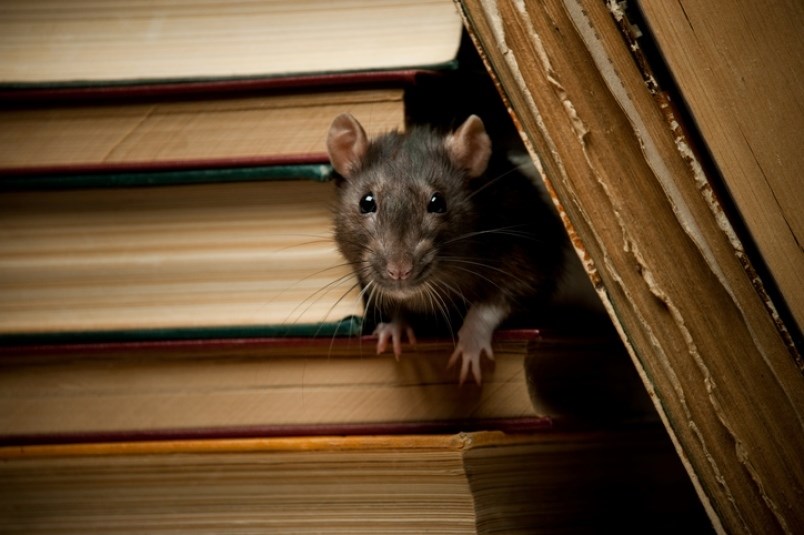In an effort to save local wildlife from unintentional poisoning, Coquitlam banned all rodenticides in November 2020.
Now, after investigating alternatives to the chemical, the city is set to use "more humane" pest control measures moving forward aiming to stop the spread of disease and prevent possible damage to buildings.
During a pilot project that began in December last year, the city's pest control contractor switched to mechanical snap traps hidden inside secured bait boxes and heightened its inspection process.
In a news release this week, Coquitlam environment manager Caresse Selk said the methods were endorsed by the BC SPCA and proved to be safer in dealing with pests such as rats and mice.
"Prevention is the primary approach, including sealing off access points, clearing away vegetation, removing food sources and educating building users and occupants," she explained.
"Prior to the pilot, and only when required, the contractor followed the industry practice of using poison bait traps outdoors and primarily snap traps indoors, except in cases of severe infestations.
"Coquitlam’s move away from rodenticides on civic properties is in line with more than 20 other B.C. municipalities that have either implemented or are considering similar bans."
The contractor's project came at the city sustainability and environmental advisory committee's recommendation to ban the use of second-generation anticoagulant rodenticides (SGAR) on city-owned land.
The two most common second-generation rodenticides are difenacoum and brodifacoum — the latter being responsible for the majority of deaths in second-hand poisonings.
Secondary poisonings are considered a threat to ecosystems as the chemicals enter predators (ie. hawks, owls, etc.) when they eat rodents (ie. mice, rats, squirrels, chipmunks, etc.).
Coquitlam is set to add to the new methods later this year along with a new public education campaign.
WHAT CAN I DO TO KEEP PESTS OUT OF MY HOME?
As Coquitlam continues to use its pest control contractor at its city facilities, residents are being asked for accountability and responsiblity when it comes to detering rodents, pests and other wildlife from their homes, businesses and private properties.
Public tips provided by the city are as follows:
- Watch for rodent signs
- Chew marks, droppings, noises, footprints and urine
- Take away hiding and nesting spots
- Remove clutter or garbage from yards and garages
- Keep grass and vegetation trimmed
- Seal holes and cracks that can serve as access points
- Use a Green Cart or rodent-resistant compost bin for all food scraps
- Eliminate other food and water sources
- Remove fallen fruit or nuts
- Feed pets indoors
- Remove spilled birdseed daily
- Keep barbecues clean
- Fix leaky taps or remove containers outdoors that might hold water
- Contact a licensed pest control company that uses humane and wildlife-friendly ways to deal with persistent rodent or pest problems
For more information, you're encouraged to visit the pests page on the city of Coquitlam's website.
- with a file from Janis Cleugh, Tri-City News



